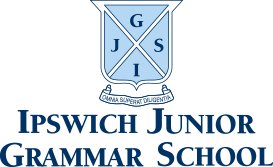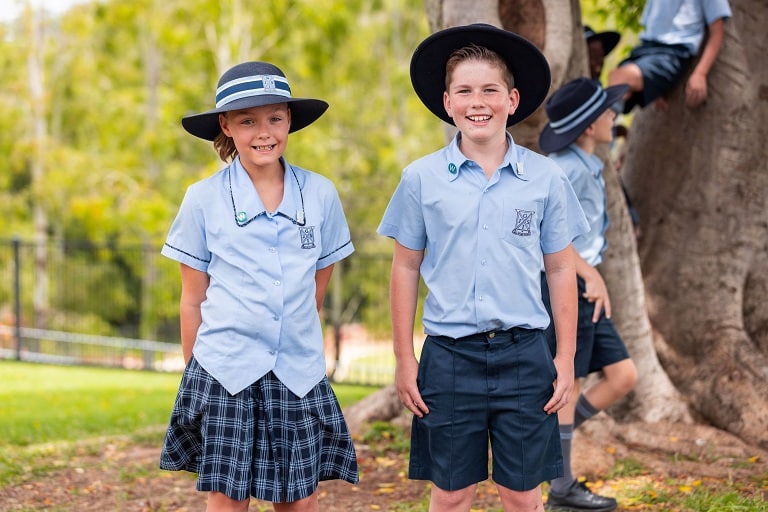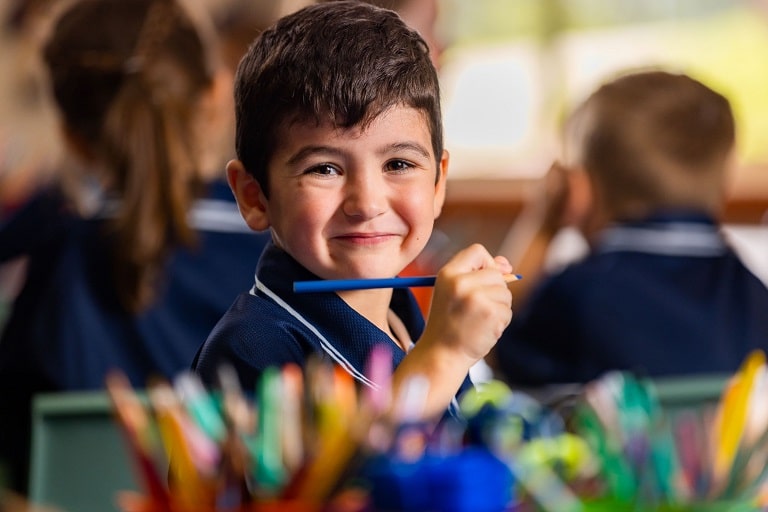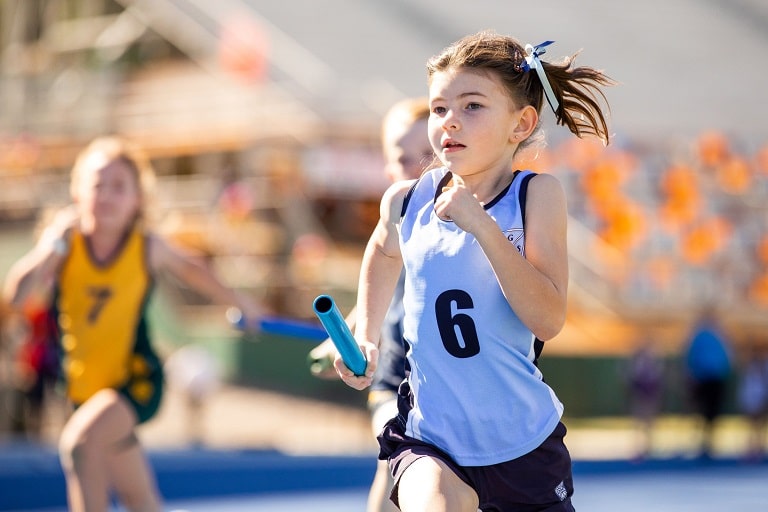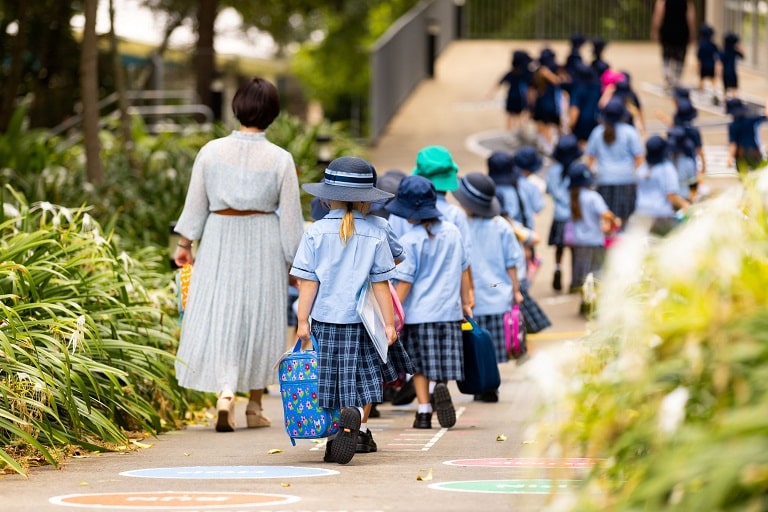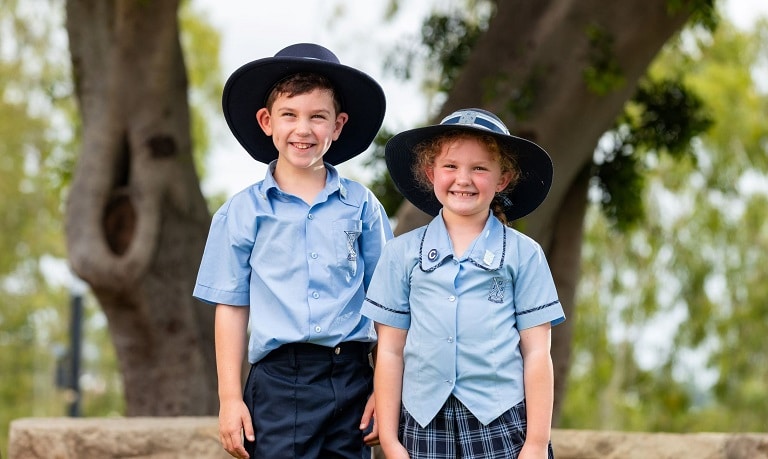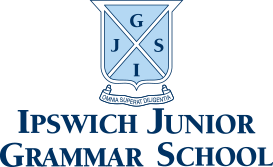Mighty Me
MIGHTY. According to the Oxford Dictionary, the word mighty is defined as ‘possessing great or powerful strength’.
If we look to the etymology, we learn that the first record of the word mighty comes from before the 900s and it is derived from the Old English word ‘mihtig’, meaning ‘much ability, strength, or power’. At Junior Grammar we focus on being mighty… we focus on the strength of character within each of us and the power that we possess when we work collaboratively to tackle challenges. As written by Chinese philosopher Lao Tzu, “One who conquers others is strong; one who conquers oneself is mighty”.
Each child at Junior Grammar, from Prep to Year 6, can tell you how to be mighty – just like our mascot Mighty Mouse, aptly named DERIC as an acronym of our school values of Diligence, Excellence, Respect, Integrity, and Care. DERIC is the younger sibling of SUPER RAT, the mascot of Ipswich Girls’ Grammar School, named from the School Motto, Omnia Superat Diligentia. Our students strive to demonstrate our school values and to be a Junior Grammar Mighty Mouse in their learning and play – day in, day out. Each week at our Friday parade, classes and individuals are acknowledged for demonstrating our school values.
Nothing rivals the excitement of a Junior Grammar Friday Parade. As you would expect, there are the regular notices regarding Sport, the Arts and celebrations of school events. Our Junior Grammar Captains, Carter and Keeleigh host the parade and invite the Arts Captains, House Captains, Community Council and Sports Captains to share messages relevant to their portfolio. This is a real example of young learners and future leaders in action. This builds to the most exhilarating moment of all – the moment when Mrs Eiby dons her handmade ears (kindly crafted by a creative Junior Grammar teacher) and announces the individual recipients of the Mighty Mouse Awards as well as the all-important Class Mighty Mouse Award. The enthusiasm on the faces of the children when they see their classmates receive their Mighty Mouse Award embodies what makes Junior Grammar a truly unique school.
While being a Mighty Mouse for the week brings much pride and excitement, this focus on being mighty is so much more. In March 2022, the Australian Institute for Teaching and School Leadership released their ‘Wellbeing in Australian Schools’ paper where they unpacked the concept of wellbeing and examined its importance in modern Australian schools. They identified that to understand and support learner wellbeing, schools require opportunities to explicitly teach social and emotional skills to children. The report states that ‘armed with a sense of self-worth, self-awareness and personal identity, learners will be better equipped to manage their emotional, mental, cultural and physical wellbeing’ (Australian Institute for Teaching and School Leadership, 2022). At Junior Grammar we do this through our Mighty Me Program.
The Junior Grammar Mighty Me Program provides students with an opportunity to explicitly unpack each of our school values and build an understanding of what it looks like, feels like and sounds like to action these values in our School and community. The Mighty Me Program brings our Pastoral Care Framework to life for the students and teachers, ensuring consistent delivery of Junior Grammar expectations while allowing for the explicit teaching of the Australian Curriculum’s General Capabilities, specifically the Personal and Social Capability Strand.
The Personal and Social Capability Strand sets out skills in the areas of self-awareness, self-management, social awareness, and social management, providing the foundation for students to understand themselves and others, and navigate their relationships, lives, and learning. Students with well-developed social and emotional skills are more able to manage themselves, relate to and collaborate with others, develop empathy, reach goals, and resolve conflicts. These general capabilities ‘equip young Australians with the knowledge, skills, behaviours and dispositions to live and work successfully’ (ACARA, 2023). They help students to ‘form and maintain healthy relationships’ and prepare them ‘for their potential life roles as family, community, and workforce members’ (Ministerial Council on Education, Employment, Training and Youth Affairs, 2008).
Academic success is also impacted by student wellbeing. Students with a higher level of wellbeing are more likely to experience academic gains. One study found an improvement of 5% in NAPLAN scores, by improving students’ wellbeing by only 1 standard deviation point (Cardenas, 2022). Another study found that the impact of a school-based wellbeing program is equivalent to 3 months of additional learning (Dix, 2020). This research reinforces the importance of having a well-planned and actioned wellbeing program in our School.
Junior Grammar prioritises school culture. We know that a wellbeing program which is tailored to a school’s context and carefully implemented as part of a school wide commitment to understanding the needs of learners and the needs of the community is more effective (Smith SS, 2021). Junior Grammar honours our commitment to the wellbeing of our students by providing explicit lessons and experiences which are designed to upskill students to become confident individuals who have a strong and healthy sense of self and empathy towards those around them.
Our strength comes not from conquering others, but from working with others to better understand ourselves. At Junior Grammar we are mighty.
—Mrs Andrea Ferrando
Deputy Head of Junior School
ACARA. (2023, April). General Capabilities. Retrieved from The Australian Curriculum: https://v9.australiancurriculum.edu.au/f-10-curriculum/f-10-curriculum-overview/general-capabilities.
Australian Institute for Teaching and School Leadership. (2022). Wellbeing in Australian Schools. Melbourne: aitsl.
Cardenas, D. L. (2022). Youth Well-being predicts later academic success. Scientific Reports, vol 12 no.1, 1-3.
Dix, K. e. (2020). Student health and wellbeing: A systematic review of intervention research examining effective student wellbeing in schools and their academic outcomes. Sydney: Evidence of Learning.
Ministerial Council on Education, Employment, Training and Youth Affairs. (2008). Melbourne Declaration on educational Goals for Young Australians. Melbourne: Ministerial Council on Education, Employment, Training and Youth Affairs. Retrieved from http://www.curriculum.edu.au/verve/_resources/National_Declaration_on_the_Educational_Goals_for_Young_Australians.pdf
Smith SS, S. C. (2021). Final Report for the Overarching Evaluation of the National Support for Child and Youth Mental Health Program. Brisbane: Institute for Social Science Research, University of Queensland.
